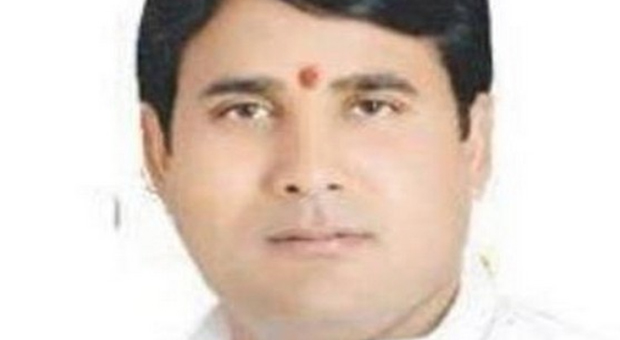Pune/Mumbai, Feb 21: A BJP youth wing leader from Pune on Thursday submitted a complaint application to the police against AIMIM leader Waris Pathan for his controversial remarks made recently in Karnataka.
Pathan has claimed he has been quoted out of context.
Parismal Deshpande, a BJYM worker, submitted the written application at the Deccan Gymkhana police station, demading action against Pathan for allegedly promoting enmity between different groups and outraging religious feelings of a community.
Deshpande, in his complaint stated, that Pathan reportedly said "15 crore hai lekin 100 crore pe bhari hai' (We are 15 crore but we can dominate 100 crore).
"The statement by Pathan promotes violence and create a divide between two communities.
"Because of such statements, there are possibilities of atmosphere getting vitiated. Hence, he should be booked under IPC sections 153A (promoting enmity between different groups, 295A (outraging religious feelings), and 504 (provoking breach of the peace)," Deshpande said in the complaint.
An officer from the Deccan police station confirmed receiving the application.
Meanwhile, in Mumbai, the BJP slammed Pathan.
The saffron party on Thursday tweeted @BJP4Maharashtra saying, "Waris Pathan, who are you threatening to? Shiv Sena led government may tolerate your comments; but BJP and people of Maharashtra will teach you a lesson that your hate- mongering speeches will be shut."
However, Pathan has issued a statement to the media, saying he has been quoted out of context.
"I hereby wish to state that the media reports on TV channels showing my statement made in the public meeting at Gulbarga five days back have totally quoted me out of context," Pathan claimed on late Thursday evening.
"I wish to reiterate that I can never say anything intentionally or unintentionally that hurts the sentiments of any caste, community or gender. I am a proud Indian and respects the plurality of this country," he said.






Comments
Very sure UP Government and Police involved in this case, first of all no body should get bail for this kind of crime and to commit one more crime again, we will wait and see there will not be any justice for the victim, in this RSS/BJP government criminals are encouraged to do crimes.
Add new comment